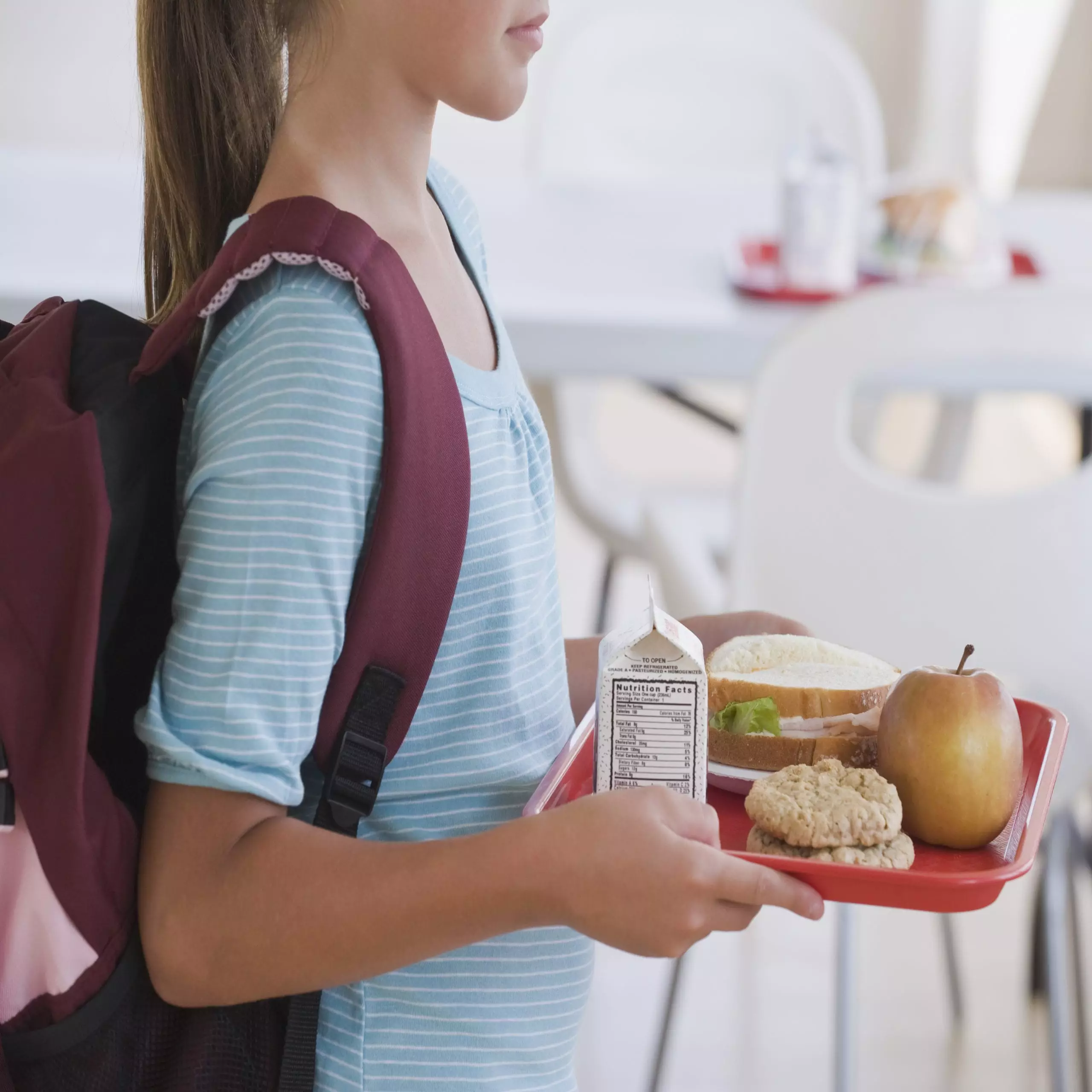Manasa Mantravadi’s journey as a pediatrician and immigrant mother began with the simple act of introducing solids to her twins. Despite her medical background, she faced a cultural barrier when her traditional Indian upbringing clashed with American norms surrounding children’s dishware. The use of plastic was so ingrained within modern parenting that the potential hazards of these materials often went unnoticed. In this moment of realization, she became acutely aware of the hypocrisy present in a system that prioritizes convenience over children’s health. Her mother’s classic response—switching to stainless steel—set the stage for a larger movement aimed at protecting children from harmful materials.
The pivotal moment came when Manasa discovered overwhelming evidence from the American Academy of Pediatrics (AAP) regarding the detrimental effects of plastic on children’s growth and hormonal health. This newfound understanding led her to a revelation: many American parents lacked access to the same critical knowledge. Hence, the seed for Ahimsa was planted—an initiative focused on providing safe and sustainable alternatives for children’s dishware.
Unearthing Regulatory Shortcomings
While embarking on her mission to deliver safe dishware to families, Manasa quickly encountered a disheartening truth—regulations surrounding food-related products in the U.S. are significantly outdated. The FDA’s approval of over 10,000 additives from decades past lacks adequate research on their safety. This alarming revelation raised an insistent question: how many lives might be jeopardized due to these regulatory gaps? The juxtaposition of scientific evidence and real-world practices reveals a compelling narrative about the gap between knowledge and action.
Moreover, the prevalence of plastic in children’s feeding products is staggering—over 80% are made from materials known to leach harmful chemicals. Manasa asserted that most schools serve meals in plastic dishware, further perpetuating a cycle of environmental hazards and health risks. This systemic failure demands urgent attention.
The Collective Impact of Plastic
Plastic isn’t merely an environmental problem; it transcends to become a health crisis. Research demonstrates that chemical components in plastics disrupt endocrine functions critical for proper health and development in children. Recognizing that many meals for children occur in school settings deepens the urgency of addressing this issue. When institutions rely on disposable plastics for their lunch programs, they unwittingly subject millions of children to hormonal disruptions.
Manasa highlights a staggering statistic—34 million children participate in the national school lunch program. The implications of serving meals in plastic dishes resonate beyond immediate health risks; they contribute to a monumental waste crisis. A vicious cycle unfolds as plastic waste forms an overwhelming presence in landfills while schools fail to align with current health standards.
Empowering Parents to Take Action
In response to this urgent situation, Manasa has launched the #ItMatters movement, an initiative mobilizing parents to pursue change at both individual and systemic levels. Empowerment begins with education, equipping families with knowledge to make health-conscious decisions. She encourages parents to advocate for their children’s health by pushing schools to reconsider their choice of materials. There’s potential to effect substantial change simply by opting for stainless steel over plastic.
Furthermore, Manasa is actively engaging in legislative efforts, supporting the Break Free From Plastic Pollution Act, which seeks to impose regulations on single-use plastics while incentivizing recycling efforts. As the movement gains momentum, the need for vigorous advocacy rises. Parents have the opportunity to influence policymakers regarding the need for updated FDA guidelines on food contact materials. This advocacy not only protects children today but safeguards future generations from the damaging impact of irresponsible consumption.
A Call for Social Responsibility
It is increasingly clear that plastic pollution represents a significant threat not only to the environment but also to human health. The practices that were once deemed convenient must evolve into a conscientious commitment to sustainability. Manasa’s story is a powerful example of how personal experiences can be converted into a mission for the greater good. She emphasizes how crucial it is for parents to actively participate in reshaping how food is served in schools and to promote sustainable practices.
This battle against plastic’s dominance reaches beyond individual health; it directly connects with planetary health. Fostering collaboration between parents, educational institutions, and legislators can lead to meaningful reform. As we rethink our relationship with plastic, we must cultivate a culture of responsibility toward the environment and each other. Each small step taken by families can culminate in a collective movement toward a healthier, more sustainable future for our children. The question remains: are we willing to seize the moment and join the fight for better health for future generations?

